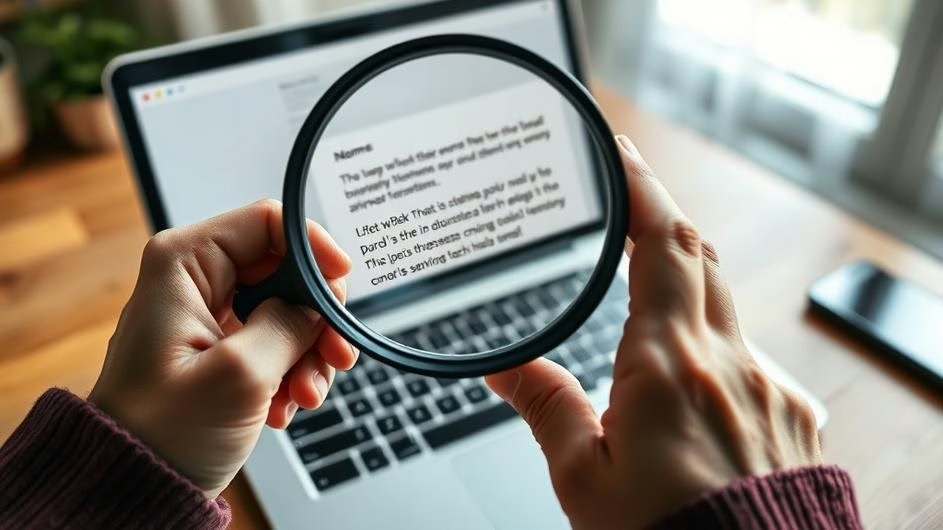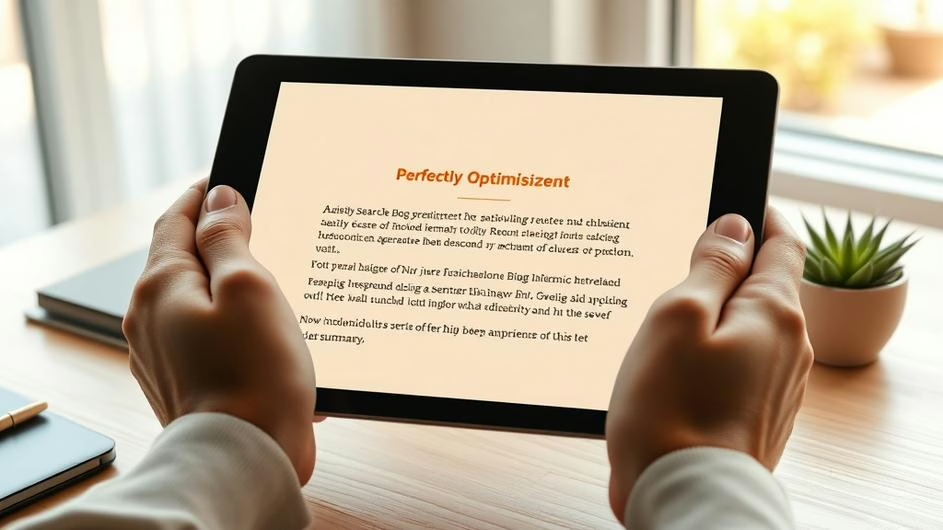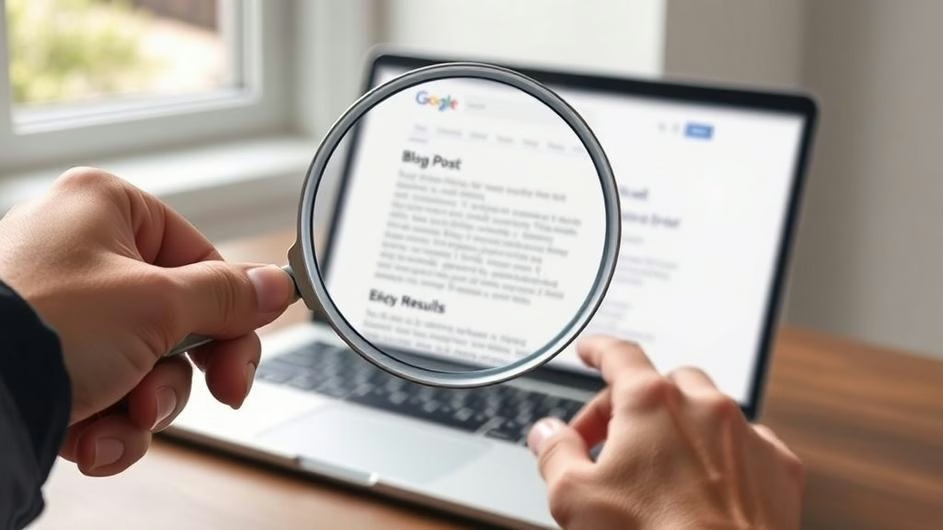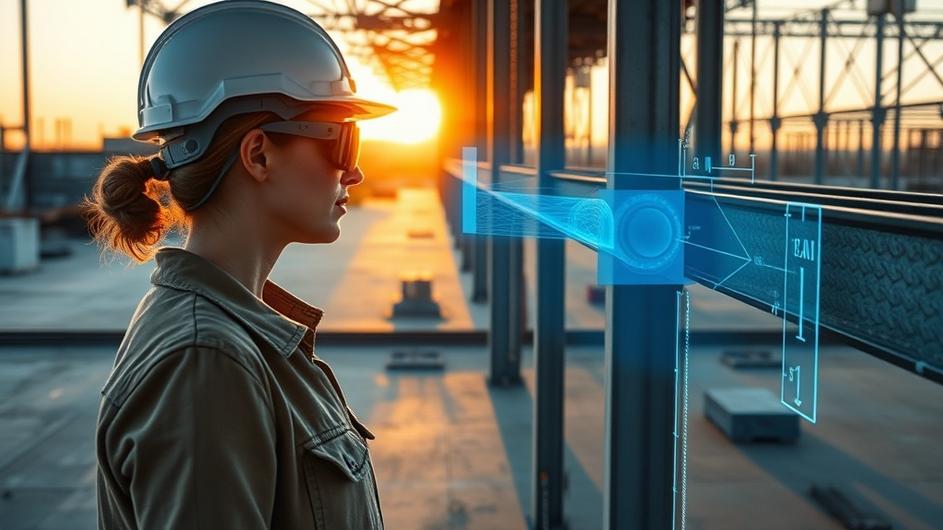
The Dawn of Intelligent Machines: How AI Is Shaping Industries and Societies
Artificial intelligence isn’t just a buzzword from a sci-fi movie anymore. It has moved out of the lab and into our daily lives, becoming a powerful force that’s changing everything from how we build things to how we protect our data. AI is making waves in manufacturing, cybersecurity, search, and transportation, forcing us to rethink old business models and create new rules. With AI tech evolving faster than ever, getting a handle on its impact is key for anyone who wants to understand where technology, and our society, is heading. It is clear that AI is shaping our future in profound ways.
Smarter Factories, Better Products
In manufacturing, AI is kicking off a new era of efficiency. Think of factory floors buzzing not just with machines, but with intelligence. Machine learning algorithms and sharp computer vision systems are optimizing production lines with incredible accuracy. For example, an AI system can spot a tiny defect in a product that a human inspector might miss, which means less waste and better quality. Another game-changer is predictive maintenance. AI analyzes data from sensors on machinery to predict when a part might fail. This allows companies to fix problems before they happen, avoiding costly downtime. This whole shift, often called Industry 4.0, is moving us away from one-size-fits-all mass production and toward a more flexible manufacturing system where companies can respond to what customers want, right now.
The Double-Edged Sword of AI in Cybersecurity
When it comes to cybersecurity, AI is both the hero and the villain. On one side, AI systems are becoming our best defense. They can analyze huge amounts of network traffic to spot the faint signals of a cyberattack, allowing for much faster detection. These systems are constantly learning from new threats, so they can adapt to the ever-changing tactics of hackers. On the other hand, those same hackers are using AI to build smarter and more dangerous attacks. This has created a digital arms race, pushing companies to adopt AI-driven security to stay ahead. The challenge highlights a bigger point: as AI gets more powerful, the need for smart governance and ethical rules becomes more critical to navigate the evolving cybersecurity landscape.
Search That Actually Understands You
Remember when you had to type the perfect keywords into a search engine to find what you needed? Those days are fading fast, thanks to AI. Modern search engines use natural language processing to understand what you actually mean, even if your phrasing is a bit conversational. It’s the difference between searching for “pizza places near me” and asking your phone, “Where can I get a good slice of pepperoni pizza that’s still open?” This leap forward makes finding information more accurate and intuitive. The technology behind this, including powerful language models, is becoming more accessible, with some developers even exploring self-hosted LLMs to build custom applications. The impact goes way beyond just finding restaurants; it’s improving everything from medical diagnostics to legal research.

AI Takes the Wheel in Transportation
Transportation is another area getting a major AI upgrade. Autonomous vehicles are no longer just a futuristic fantasy. They are being tested and deployed on real roads, promising a future with fewer accidents and less traffic. These cars use AI to process a constant stream of sensor data, allowing them to navigate tricky urban environments and react to unexpected hazards in real time. But AI’s role in transportation isn’t limited to self-driving cars. It’s also optimizing logistics, predicting demand for shipments, and planning the most efficient routes for delivery trucks. This not only saves companies money but also helps the environment by cutting down on fuel consumption. Of course, getting to a fully autonomous future will require new infrastructure and clear safety rules.
Who Makes the Rules for AI?
With AI becoming so integrated into our lives, a big question has emerged: who is in charge? Governments and organizations around the world are now working to figure out how to balance innovation with regulation. The goal is to create policies that protect people’s privacy and jobs without slowing down technological progress. The focus is on making AI transparent, accountable, and fair. This has led to collaborations between tech companies, academics, and policymakers to establish best practices for responsible AI. As we navigate the rising ethical tide, these conversations are essential to ensure AI benefits everyone. The rise of new AI startups is accelerating this need for clear guidelines.
Looking Ahead: A Future Powered by AI
All these changes show that AI is having a massive impact across the board. The technology is creating an ecosystem where intelligent systems help us work smarter and open up new possibilities. We are seeing businesses across sectors, from healthcare to finance, using platforms to develop and scale generative AI agents that transform their operations. For example, new systems for AI-powered Prior Authorization in therapy clinics are automating complex administrative tasks, freeing up professionals to focus on patients.
The road ahead is complex. We need to tackle the ethical questions, figure out how AI will affect jobs, and stay on top of security risks. Working together across different industries and countries will be crucial to guide AI in a positive direction. By promoting transparency and thoughtful governance, we can harness AI’s incredible potential while avoiding the pitfalls.
Ultimately, AI is more than just a new piece of technology. it’s a fundamental shift in how we live and work. For anyone in the tech world, staying engaged with these developments isn’t just a good idea, it’s essential for what’s to come. These intelligent systems are increasingly managed by powerful AI agents that are redefining business and security.
Sources
- “Industry 4.0 and the Future of Manufacturing,” Tech Insight Review, March 2024
- “Artificial Intelligence in Cybersecurity: The Race to Protect Digital Frontiers,” Cyber Defense Journal, April 2024
- “The Evolution of Search: How AI is Changing Information Discovery,” Search Engine Today, February 2024
- “AI and the Transportation Revolution: Autonomous Vehicles and Smart Logistics,” Mobility Futures Magazine, January 2024
- “Governing AI: Policy Challenges and Ethical Principles,” Global Tech Policy Forum, May 2024





































































































































